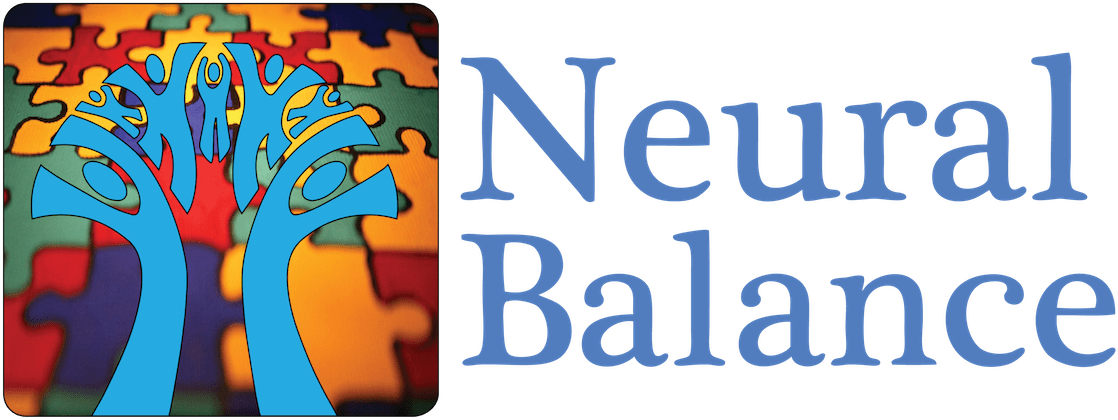Kids rely on a good supply of nutrition for healthy growth and development. Finding the right balance of making tasty meals and giving your kids the nutrition they need, however, can be trickier than many parents realize. Children who struggle with behavioral issues commonly have nutritional deficiencies that can be the cause of some problems while making other problems worse. One of the most common nutritional deficiencies in children is magnesium.
Benefits of Magnesium
Magnesium is an essential mineral that the body needs in order to perform a wide variety of necessary functions, yet many people struggle to consume a good supply of magnesium through their diet. This can cause problems for people’s daily lives since magnesium can’t be produced naturally by the body but is necessary for the body to function healthily.
Two of some of the most common consequences of magnesium deficiency are closely related: anxiety and insomnia. Magnesium helps the body activate ATP in the cells, which allows cells to create and use energy. It also helps regulate nerve and muscle function while also regulating stress hormone levels. Because of this, having low magnesium levels can result in feelings of restlessness, especially when trying to sleep. Low levels of magnesium can also make it harder to calm down when feeling anxious. Many kids who struggle with behavioral issues, whether due to autism, ADHD, orsensory processing disorder, often struggle with both sleep problems and high anxiety and having low levels of magnesium can make these issues worse.
Using Magnesium for Sleep and Anxiety
Taking natural magnesium supplements is one of the natural ways to deal with anxiety while also making sleep easier. Magnesium helps the brain produce GABA, a neurotransmitter that promotes feelings of calm. Using magnesium to help with GABA production is a great way tohelp your kids calm down during moments of stress while also calming their minds when it’s time to sleep. And since magnesium promotes healthy muscle and nerve functioning, increasing your child’s intake will help their body to feel calm at bedtime as well.
While supplements are an option, they are known to sometimes cause gastrointestinal upset, so you may prefer to help your kids get more magnesium through their diet. Some of the best foods for magnesium include dark leafy greens, seeds and nuts, meat, whole grains, and dairy products.
Using Neural Balance along withnutritional supplements like magnesium can be a powerful combination to help your kids feel at their best.
